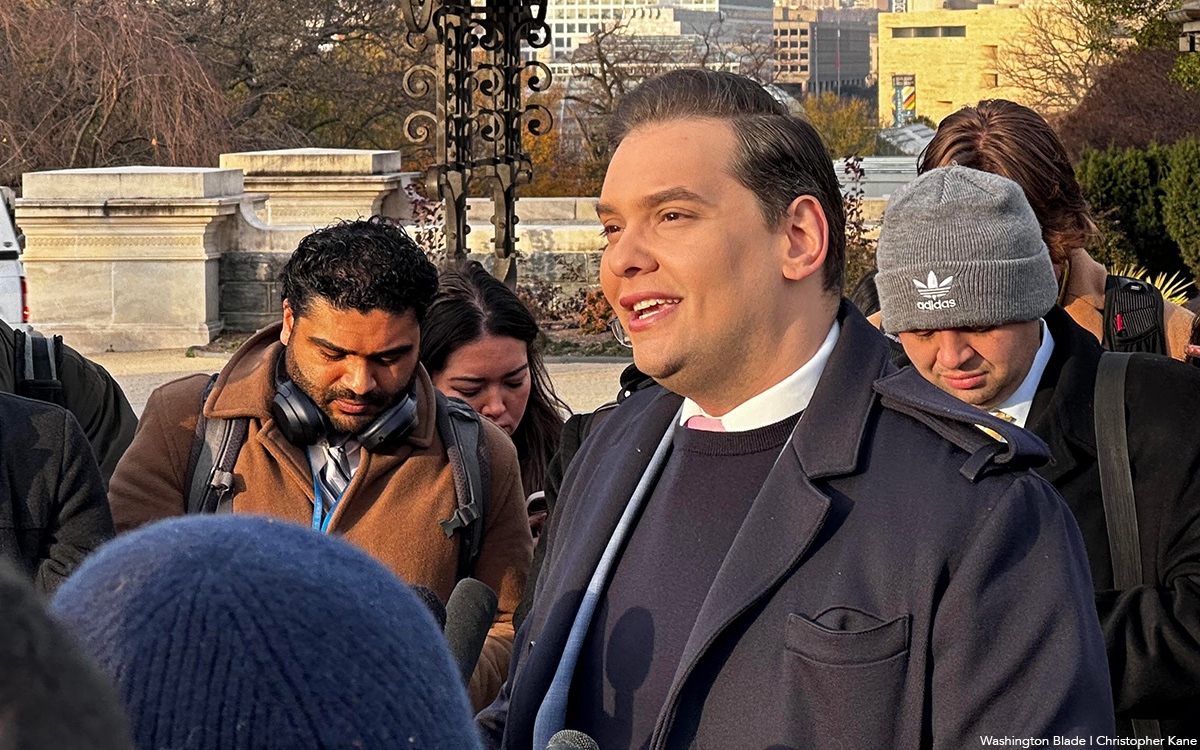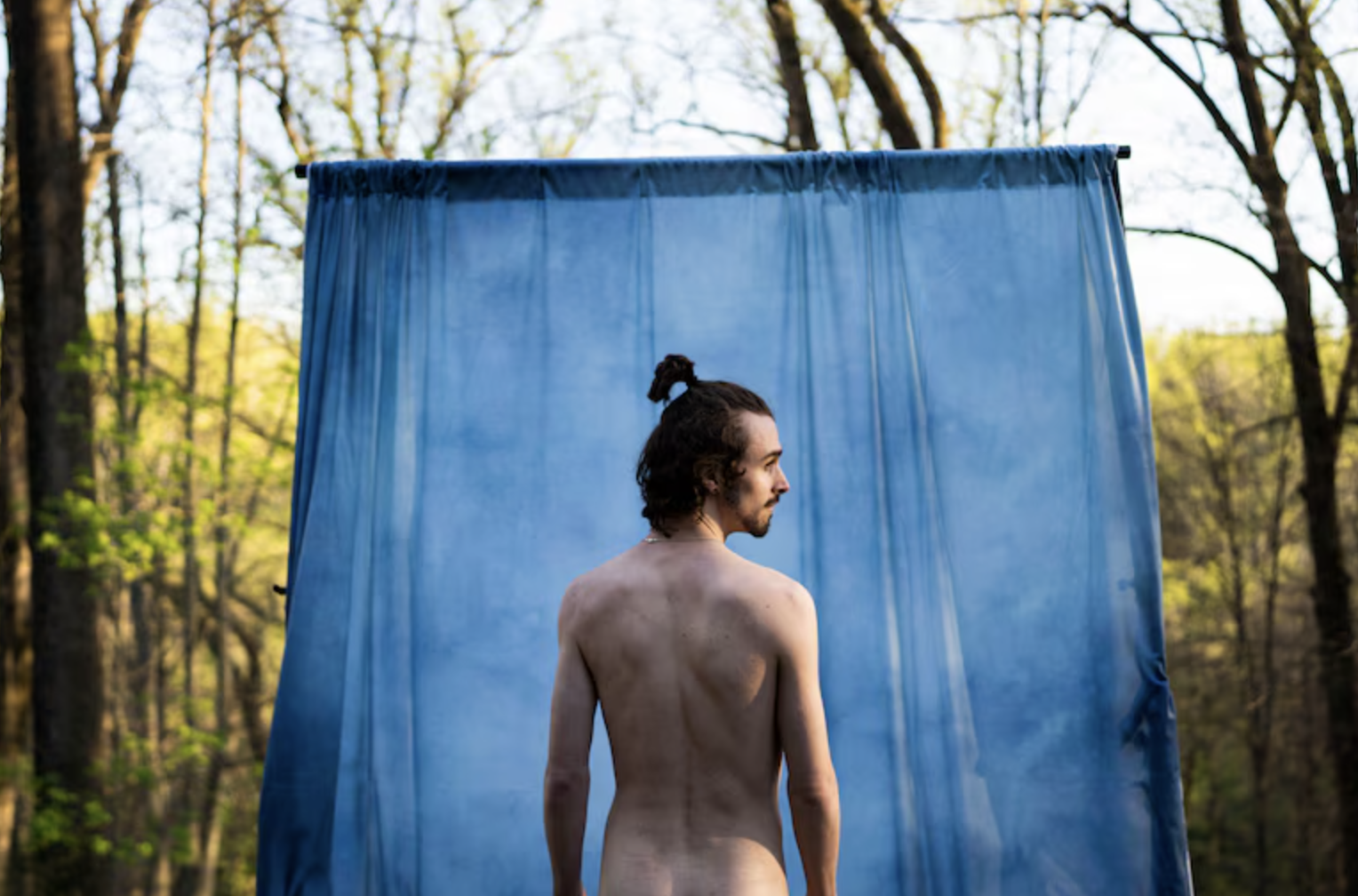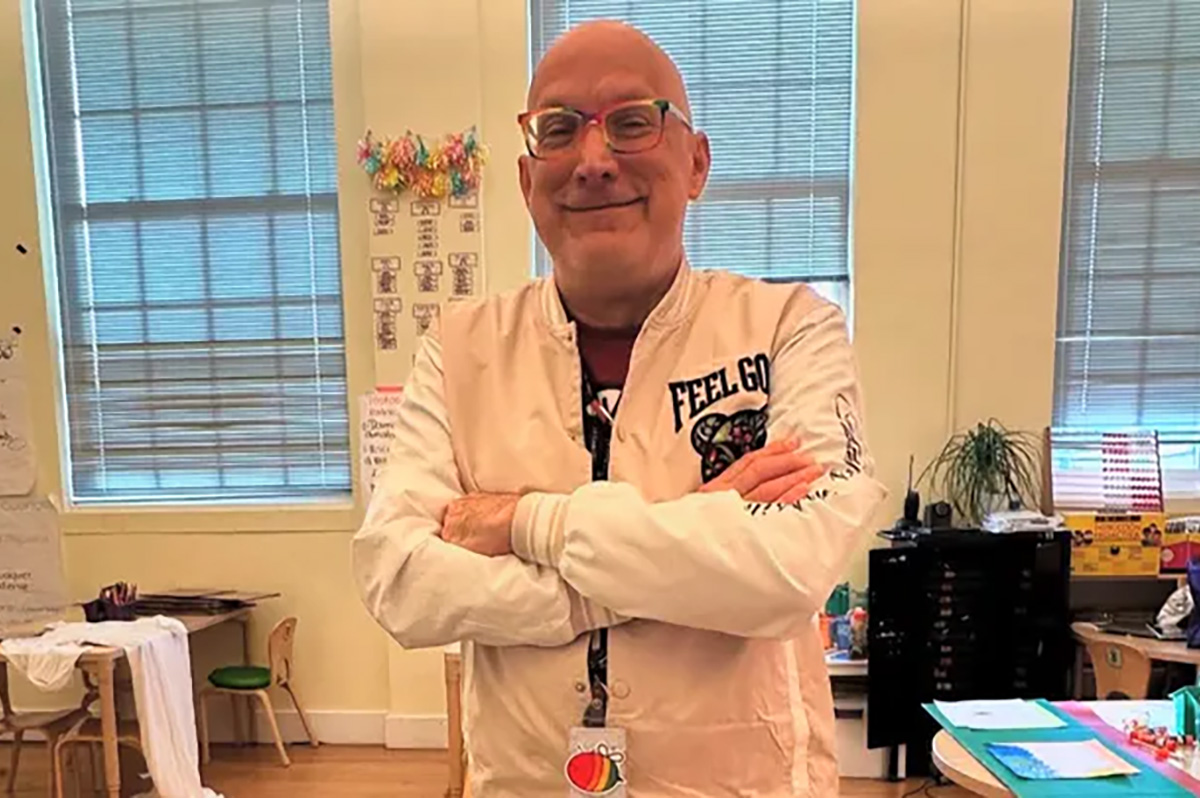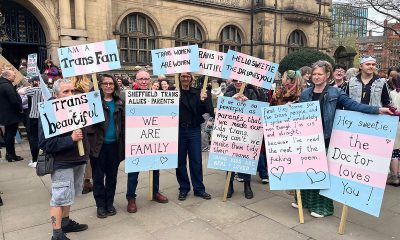News
European court rules religion cannot justify anti-gay discrimination
Four British Christians claimed unfair job discrimination because of their beliefs

The European Court of Human Rights on Tuesday ruled religion cannot justify discrimination against same-sex couples. (Photo by CherryX via Wikimedia Commons)
The European Court of Human Rights on Tuesday ruled religious beliefs cannot justify discrimination against same-sex couples.
The tribunal in Strasbourg, France, ruled against two British Christians who claimed their employers unfairly discriminated against them because of their opposition to relationship recognition for gays and lesbians and homosexuality.
Registrar Lillian Ladele claimed the Borough of Islington outside London unfairly disciplined her because she refused to officiate civil partnership ceremonies for same-sex couples after the United Kingdom’s civil partnership law took effect in 2005. Gary McFarlane accused the Relate Federation, an English counseling service, of firing him in 2008 because he said he may object to providing sex therapy to gay and lesbian couples because of his religious-based opposition to homosexuality.
“We welcome the ECHR’s ruling,” Relate Chief Executive Ruth Sutherland said in a statement. “We believe that it is further endorsement that Relate acted in an appropriate manner and fully in compliance with the law in the case regarding Gary McFarlane. The ruling supports our view that Relate acted properly and that it was Mr. McFarlane who was in breach of his agreed terms and conditions of employment. For Relate, this case has always been about protecting the right that every Relate client has to impartial, unbiased and empathetic counseling and sex therapy in line with our charitable aims.”
The court also ruled against a nurse who claimed she lost her job at an English hospital because she refused to remove her necklace with a cross. British Airways employee Nadia Eweida received €32,000 in damages after the airline suspended her for wearing a cross necklace to work.
“Today’s judgment is an excellent result for equal treatment, religious freedom and common sense,” Shami Chakrabarti, director of Liberty, a British human rights group, said in a statement. “Nadia Eweida wasn’t hurting anyone and was perfectly capable of doing her job whilst wearing a small cross. She had just as much a right to express her faith as a Sikh man in a turban or a Muslim woman with a headscarf.”
The Religion News Service reported that Alliance Defending Freedom, an American anti-gay organization, said “Christian employees should not be singled out for discrimination,” but categorized the court’s decision to reject the other three cases as “extremely disappointing.”
LGBT rights advocates in the U.K. and across Europe quickly applauded the decision.
“With this ruling, the court has established that freedom of religion is an individual right,” Sophie in ‘t Veld, vice-president of the European Parliament’s LGBT Intergroup, said in a statement. “It is emphatically not a collective right to discriminate against LGBT people, women, or people of another faith or life stance. Religious freedom is no ground for exemption from the law. The court showed conclusively that the principle of equality and equal treatment cannot be circumvented with a simple reference to religion.”
Ben Summerskill, chief executive of the British LGBT advocacy group Stonewall, agreed.
“Today’s judgment rightly confirms that it’s completely unacceptable in 2013 for public servants to pick and choose who they want to serve on the basis of sexual orientation,” he said. “Gay people contribute over £40 billion annually to the cost of public services in this country. They’re entitled to nothing less than equal treatment from those services, even from public servants who don’t happen to like gay people.”
The court’s ruling coincides with the expected introduction of a bill in the British Parliament in the coming weeks that would extend marriage rights to same-sex couples in England and Wales. Scottish lawmakers are expected to consider a similar measure this year.
French legislators on Jan. 29 will begin to debate a proposal that would extend marriage and adoption rights to same-sex couples in France. More than 350,000 people marched through the streets of Paris on Sunday in opposition to the bill.
COC Netherlands, a Dutch LGBT advocacy group, said the European Court of Human Rights’ decision “clears the way” to repeal the exemption to the country’s 2001 same-sex marriage law that allows civil servants to refuse to marry gays and lesbians.
“Now that even the European Court rules against civil servants that refuse to marry gay couples, the way to ending this phenomenon in the Netherlands has been cleared,” COC Netherlands President Tanja Ineke told the Washington Blade. “We call on the Dutch government to take measures to end this phenomenon immediately and put an end to this long lasting debate.”
Tamás Dombos of the Hungarian LGBT advocacy group Háttér noted to the Blade that the Constitutional Court of Hungary has ruled registrars cannot legally discriminate against couples based on their sexual orientation. The country’s domestic partnership law took effect in 2009, but a new constitution with an amendment that defines marriage as between a man and a woman took effect last January.
“We welcome the decision, although the reasoning of the court is quite moderate claiming that national authorities have the power to settle the clash between the two competing claims (non-discrimination and freedom of religion,)” Dombos said in reference to the European Court of Human Rights decision. “So it is questionable whether the decision can be used later to fight national decision that prioritize religious freedom instead.”
Politics
George Santos sentenced to 87 months in prison for fraud case
Judge: ‘You got elected with your words, most of which were lies.’

Disgraced former Republican congressman George Santos was sentenced to 87 months in prison on Friday, after pleading guilty last year to federal charges of wire fraud and aggravated identity theft.
“Mr. Santos, words have consequences,” said Judge Joanna Seybert of the U.S. District Court for the Eastern District of New York. “You got elected with your words, most of which were lies.”
The first openly gay GOP member of Congress, Santos became a laughing stock after revelations came to light about his extensive history of fabricating and exaggerating details about his life and career.
His colleagues voted in December 2023 to expel him from Congress. An investigation by the U.S. House Ethics Committee found that Santos had used pilfered campaign funds for cosmetic procedures, designer fashion, and OnlyFans.
Federal prosecutors, however, found evidence that “Mr. Santos stole from donors, used his campaign account for personal purchases, inflated his fund-raising numbers, lied about his wealth on congressional documents and committed unemployment fraud,” per the New York Times.
The former congressman told the paper this week that he would not ask for a pardon. Despite Santos’s loyalty to President Donald Trump, the president has made no indication that he would intervene in his legal troubles.
Maryland
A Baltimore theater educator lost jobs at Johns Hopkins and the Kennedy Center
Tavish Forsyth concluded they could not work for Trump

BY WESLEY CASE | Tavish Forsyth had come to a conclusion: They could not work for President Donald Trump.
So the 32-year-old Baltimore resident stripped down, turned on their camera, and lit their career on fire.
“F—— Donald Trump and f—— the Kennedy Center,” a naked Forsyth, an associate artistic lead at the Washington National Opera’s Opera Institute, which is run by the Kennedy Center, said in a video that went viral. The board of the nation’s leading cultural institution had elected Trump just weeks prior as its chairman after he gutted the board of members appointed by his predecessor, President Joe Biden.
The rest of this article can be read on the Baltimore Banner’s website.
District of Columbia
Little Gay Pub to host April 25 celebration of life for Patrick Shaw
School teacher, D.C. resident praised for ‘warmth, humor, kindness’

Co-workers and friends will hold a celebration of life for highly acclaimed schoolteacher and D.C. resident Patrick Shaw beginning at 5:30 p.m. Friday, April 25 at The Little Gay Pub 1100 P St., N.W.
Little Gay Pub co-owner and Shaw’s friend, Dusty Martinez, said Shaw passed away unexpectedly on April 19 from a heart related ailment at the age of 60.
“Patrick touched so many lives with his warmth, humor, kindness, and unmistakable spark,” Martinez said. “He was a truly special soul – funny, vibrant, sassy, and full of life and we are heartbroken by his loss.”
In an Instagram posting, Shaw’s colleagues said Shaw was a second-grade special education teacher at the J.F. Cook campus of D.C.’s Mundo Verde Bilingual Public Charter School.
“Patrick brought warmth, joy, and deep commitment to Mundo Verde,” his colleagues said in their posting. “His daily Broadway sing-alongs, vibrant outfits, and genuine love for his students filled our community with energy and laughter.”
The posted message adds, “Patrick was more than a teacher; he was a light in our school, inspiring us all to show up with heart, humor, and kindness every day. His spirit will be deeply missed.”
The Washington Blade is preparing a full obituary on Patrick Shaw to be published soon.
-

 Federal Government3 days ago
Federal Government3 days agoHHS to retire 988 crisis lifeline for LGBTQ youth
-

 Opinions3 days ago
Opinions3 days agoDavid Hogg’s arrogant, self-indulgent stunt
-

 District of Columbia2 days ago
District of Columbia2 days agoD.C. police seek help in identifying suspect in anti-gay threats case
-

 Virginia3 days ago
Virginia3 days agoGay talk show host wins GOP nom for Va. lieutenant guv












